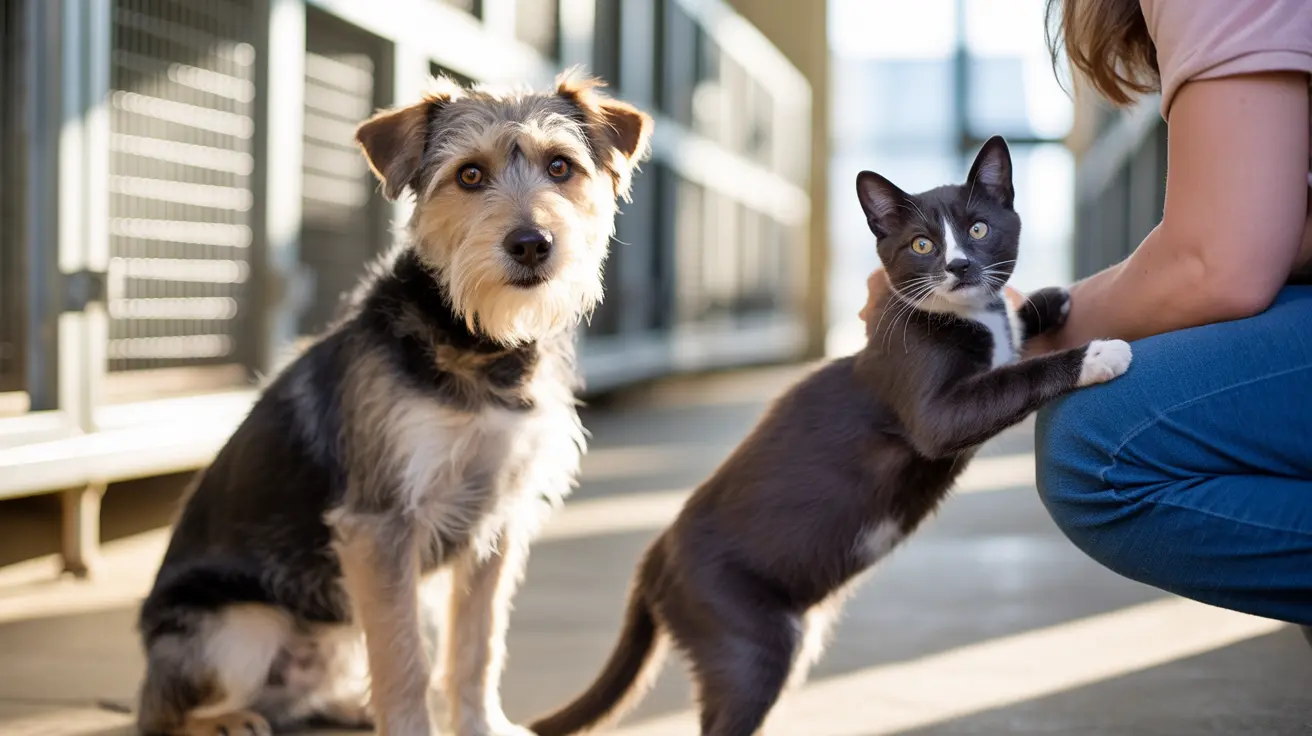Can Dogs Eat Peanut Butter? Everything Pet Owners Need to Know
Peanut butter is a beloved snack for humans and a common treat for dogs, often used to entice picky eaters, hide medications, or reward good behavior. But as a responsible pet owner, you may wonder: is peanut butter safe for dogs? The short answer is yes—dogs can have peanut butter in moderation, provided it doesn't contain harmful ingredients like xylitol.
Understanding What Makes Peanut Butter Safe for Dogs
Not all peanut butter is created equal. Some varieties are packed with added sugars, salt, or dangerous additives. Here’s what you should look out for when selecting peanut butter for your pup:
- No Xylitol: This sugar substitute is extremely toxic to dogs, causing insulin release and potentially life-threatening hypoglycemia. Always check ingredient labels.
- Low Sodium: High salt content can be harmful to dogs, especially those with heart or kidney issues.
- No Added Sugars: Excess sugar can lead to obesity, dental problems, and diabetes.
- Natural or Unsweetened: Ideally, choose peanut butter that's made of 100% peanuts.
Benefits of Peanut Butter for Dogs
When given in small amounts, peanut butter can offer a few nutritional perks:
- High in Protein: Supports muscle repair and maintenance.
- Healthy Fats: Supports skin and coat health.
- Provides Niacin and Vitamin B: Essential for energy and brain function.
Potential Risks of Feeding Peanut Butter
Despite its benefits, peanut butter is rich in calories and fat, which can be problematic if overfed:
- Weight Gain and Obesity: Peanut butter can quickly add excess calories to your dog’s diet.
- Pancreatitis: High-fat foods, including peanut butter, may trigger or worsen pancreatitis in susceptible dogs.
- Digestive Issues: Some dogs may experience diarrhea or vomiting if given too much.
How Much Peanut Butter Is Safe?
Moderation is key. Treats, including peanut butter, should make up no more than 10% of your dog’s daily caloric intake. For example:
- Small Dogs: ½ teaspoon per serving
- Medium Dogs: ½ to 1 teaspoon
- Large Dogs: Up to 1 tablespoon
Always introduce new foods gradually and observe any reactions, especially in dogs with sensitive stomachs or existing health concerns.
Creative Ways to Use Peanut Butter with Dogs
Peanut butter can be incorporated in fun and functional ways:
- Training Rewards: A high-value motivator for positive reinforcement.
- Medication Masking: Hiding pills in peanut butter makes administration easier.
- Interactive Toys: Spread a small amount in a Kong or lick mat to keep your dog engaged.
- Homemade Dog Treats: Healthy recipes include peanut butter as a binding ingredient.
Dogs Who Should Avoid Peanut Butter
Some dogs shouldn't have peanut butter at all:
- Dogs with Pancreatitis: High-fat foods can worsen their condition.
- Overweight Dogs: Added calories may exacerbate obesity.
- Dogs with Food Allergies: Peanut sensitivity, while rare, can occur.
Signs of a Negative Reaction
If your dog shows any of the following after eating peanut butter, discontinue use and consult your vet:
- Vomiting or diarrhea
- Excessive gas or bloating
- Lethargy or weakness
- Swelling or itchy skin (possible allergic reaction)
Frequently Asked Questions
Q: Can puppies have peanut butter?A: Yes, but in very small amounts. Always start slow and watch for gastrointestinal upset.
Q: Is crunchy peanut butter safe?A: Yes, as long as it’s xylitol-free and your dog doesn’t have issues chewing.
Q: Can I give my dog peanut butter daily?A: It’s best as an occasional treat to avoid overfeeding and associated risks.
Conclusion
Peanut butter can be a safe and enjoyable treat for dogs when given responsibly. Choose dog-safe peanut butter with no xylitol, low salt, and minimal additives. Use it sparingly and creatively, and always pay attention to your dog’s individual health needs. When in doubt, consult your veterinarian for personalized guidance.





